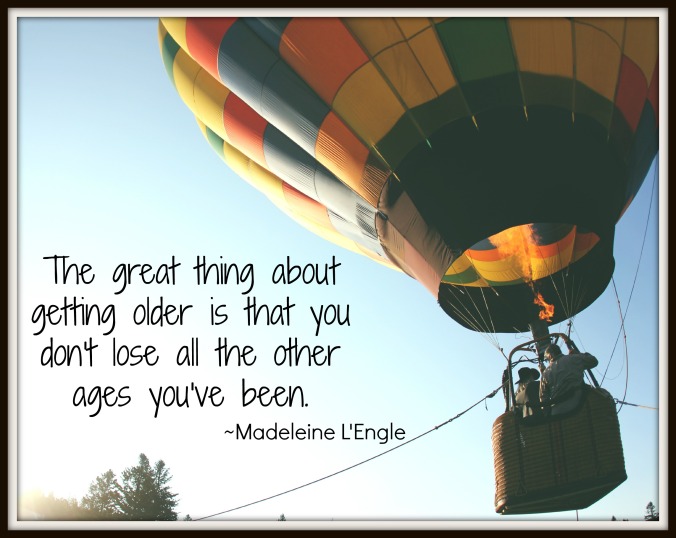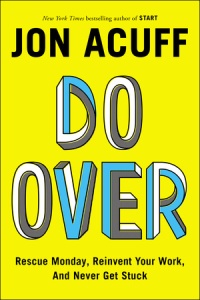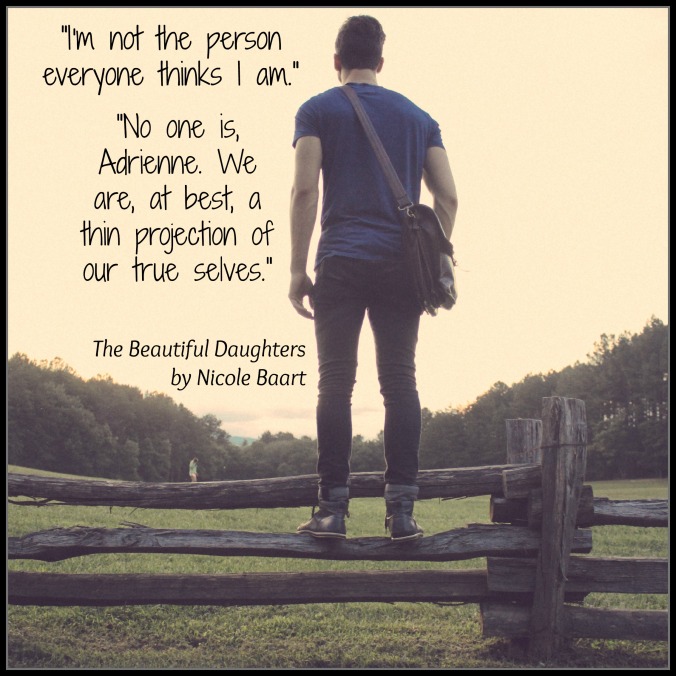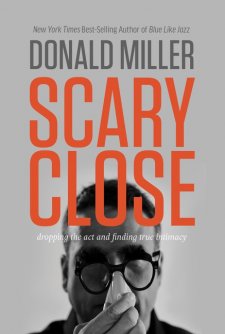I’d like to think that the longer I’ve been a mother, the more forgiving I am of other mothers. (And of myself, if I’m honest. I’m my own harshest critic.)
Some days, I am. Other days, I’m just as critical as ever. In an effort to justify my own choices in motherhood, my own parenting policies, I judge another mother’s decisions as if there is one right way to do this whole motherhood gig.
News flash: there just isn’t.
I hear the same plea for acceptance from the mom who homeschools as I do from the mom whose kids go to public school, from the mom whose kids are close in age and from the mom whose kids have a bigger age range. Whether we’re swimming in money or struggling to make ends meet, all the moms I know want what’s best for the kids, and I know that no matter what it looks like, love drives those decisions.
Where I struggle to find the same kind of compassion and identification is with moms around the world. (I’m hoping our trip to Kenya this summer will show me how universal motherhood is no matter our place on the planet.) Especially when it comes to stories where kids have been sold into unspeakable situations. Sex trafficking. Slavery. Debt bondage.
How could they do that? I think. What kind of mother would sell her children?
Maybe you read the news or Facebook posts with the same questions hovering in your brain.
I’m so thankful for the folks at The Exodus Road who can take those tough questions and give us a glimpse of an answer. What follows is a partial repost of blog written by Laura Parker of The Exodus Road. In it, she addresses the circumstances that led to the rescue of a 15-year-old girl (Sarah, though not her real name) in 2012. You can read Sarah’s story here.
“As mothers in a first world country, we understand that there are resources that can put food on the table, that can protect us when natural disaster strikes, that will help pay the doctor’s bills.
We live in the reality of free public education, a democratic government with laws and a police force that seeks to protect our little ones. We can afford basic vaccinations, and we do not live in fear of a mosquito bite or dirty water or stomach worms that can eat a person from the inside out.
We parents in the West have also been born into a culture where women have incredible value, where females are seen (theoretically) as equals, and where an infant girl is just as celebrated as a newborn baby boy.
But, this, this, is not the reality of most mothers around the world. Many women in developing countries taste the fear and desperation of motherhood on an entirely different playing field than we mothers in the first world do. And while these third world moms are often noble, strong, and brave beyond belief, they still have to look into the eyes of their small ones with the understanding that there are too many mouths and not enough rice.
And extreme poverty forces a parent to make extreme decisions. For good or for bad, people are in large part products of their environments.
And this decision by Sarah’s mother? Well, we don’t know what factors played a part in the unfolding of it. It could have been made out of ignorance or deceit, out of a deeply-seated cultural belief about girls, or even out of a desire to protect the survival of several siblings with the sacrifice of one.
And while I’m not saying that Sarah’s mother was justified, that her decision to sell her 15-year-old’s virginity was acceptable, I am saying that even Sarah’s mother deserves our compassion, too.
Because were she born into a different country, under better circumstances, chances are Sarah wouldn’t have tasted life in a brothel, at the hands of systems that made such a horrific decision feel like the best one.”
– Laura Parker | 2012 | The Exodus Road
—
I thought of this post as we approach Mother’s Day this weekend, and while it’s not your typical Mother’s Day topic, I think it’s an important time to remember the struggles of mothers of all kinds. And that we can give ourselves, the moms we know and the moms we don’t, a lot of grace for the grueling, gratifying work of motherhood.
And maybe thinking about moms whose choices are not simple will move us beyond compassion and lead us to make a difference.
That’s why I blog monthly for The Exodus Road. To remind you that slavery is a real part of the world we live in. To tell stories of rescue and freedom and bravery. To remind myself that my problems are not the only ones that matter. And to encourage us all to do something–tell, share, give–in the support of freedom from modern-day slavery.
The Exodus Road has lots of ways to get involved. You can check them out here.












